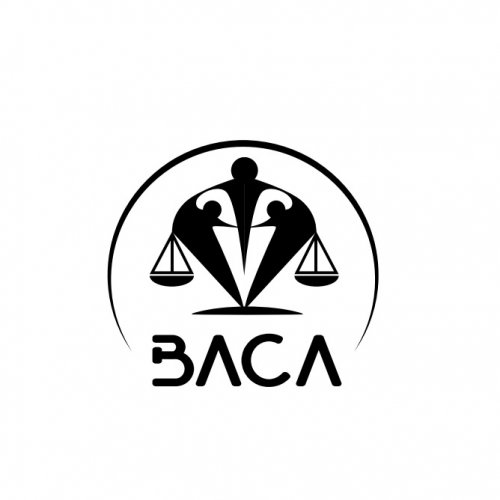Best Native People Lawyers in South Sudan
Share your needs with us, get contacted by law firms.
Free. Takes 2 min.
Or refine your search by selecting a city:
List of the best lawyers in South Sudan
About Native People Law in South Sudan
Native People law in South Sudan primarily revolves around customary laws and norms maintained by the different ethnic groups in the country. This legal framework plays an essential role in resolving local disputes, managing community affairs, and governing equitably. Customary laws are generally respected and practiced in individual community courts, and they address matters related to land, marriage, inheritance, and natural resources among others.
Why You May Need a Lawyer
If you are a part of or dealing with matters related to Native People in South Sudan, you may need a lawyer to navigate the complexities of Native People law. Common situations where people may require legal help in this area include negotiating land usage rights, resolving disputes between community members, understanding the impact of national law on local practices, and advocating for indigenous rights in regional or national forums.
Local Laws Overview
Local laws pertaining to Native People in South Sudan generally fall under the umbrella of customary laws. In addition, the Transitional Constitution of South Sudan recognizes that all levels of government must promote the rights of ethnic and racial groups. It provides protections for preserving indigenous culture, language, and traditions. It also acknowledges a right to participate fully in development and other aspects of national life for all ethnic groups and communities. In terms of land, while according to national law all land is owned by the government, customary laws recognize individual and community rights.
Frequently Asked Questions
What groups are considered as Native People in South Sudan?
There are over 60 distinct ethnic groups in South Sudan, including Dinka, Nuer, Shilluk, Azande, Bari, and many others, all considered as Native People of South Sudan.
What are customary laws?
Customary laws are traditional norms and practices that have developed over generations within a particular community. They form the basis for resolving disputes and managing community affairs in many parts of South Sudan.
Can customary laws be challenged?
While customary laws are generally respected within communities, they can be challenged if they are deemed to be in conflict with national legislation or infringe upon an individual's human rights.
What if a dispute arises between members of different ethnic communities?
In such cases, the dispute may be resolved according to the national law. Alternatively, the communities may agree to follow one community's customary laws, or they may find a middle ground informed by both traditions.
Does South Sudan recognize indigenous land rights?
While all land is officially owned by the government according to national law, customary laws recognize individual and community rights to land. This complex arrangement can lead to conflicts and disputes.
Can a lawyer representing native people advocate for their rights at a national level?
Yes, lawyers can represent native people and advocate for their rights at both the local and national level. They can help ensure that their clients' rights are protected and their voice is heard.
Additional Resources
You can consult bodies such as the South Sudan National Human Rights Commission and the South Sudan Law Society for guidance and expertise on Indigenous law. In addition, various international organizations and NGOs are active in promoting and protecting the rights of Native People in South Sudan, and their resources can be useful starting points for understanding the legal landscape.
Next Steps
If you need legal assistance related to Native People law in South Sudan, the first step is to get in touch with a lawyer who has experience in this area. They can provide counsel based on your specific situation, help you understand your legal position and rights, and guide you through the necessary legal processes. In addition, engaging with community leaders and elders can be beneficial, as they are often well-versed in the customary laws and can provide perspective and assistance during a legal process.
Lawzana helps you find the best lawyers and law firms in South Sudan through a curated and pre-screened list of qualified legal professionals. Our platform offers rankings and detailed profiles of attorneys and law firms, allowing you to compare based on practice areas, including Native People, experience, and client feedback.
Each profile includes a description of the firm's areas of practice, client reviews, team members and partners, year of establishment, spoken languages, office locations, contact information, social media presence, and any published articles or resources. Most firms on our platform speak English and are experienced in both local and international legal matters.
Get a quote from top-rated law firms in South Sudan — quickly, securely, and without unnecessary hassle.
Disclaimer:
The information provided on this page is for general informational purposes only and does not constitute legal advice. While we strive to ensure the accuracy and relevance of the content, legal information may change over time, and interpretations of the law can vary. You should always consult with a qualified legal professional for advice specific to your situation.
We disclaim all liability for actions taken or not taken based on the content of this page. If you believe any information is incorrect or outdated, please contact us, and we will review and update it where appropriate.
Browse native people law firms by city in South Sudan
Refine your search by selecting a city.








